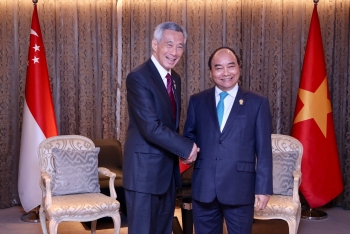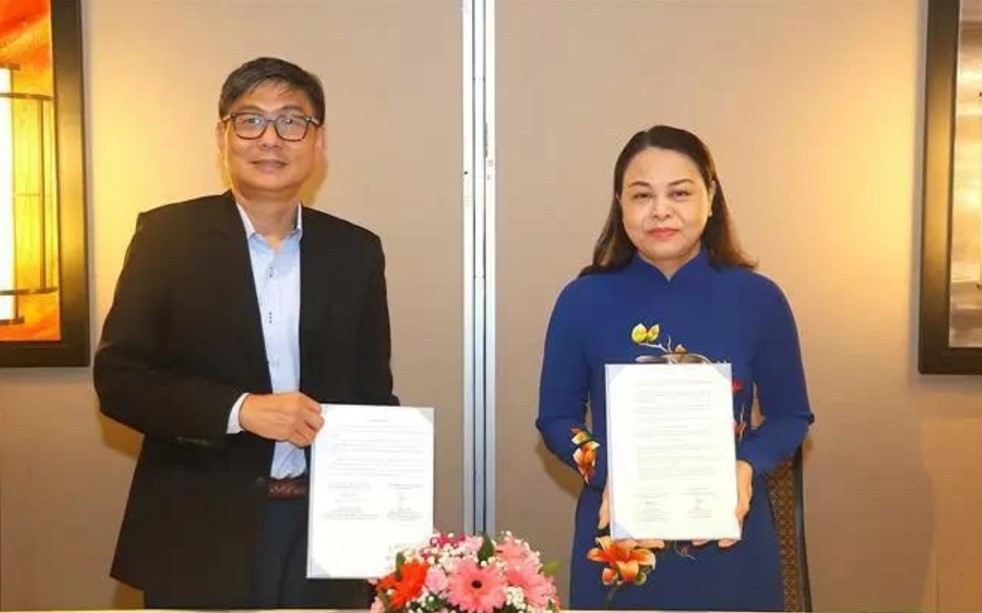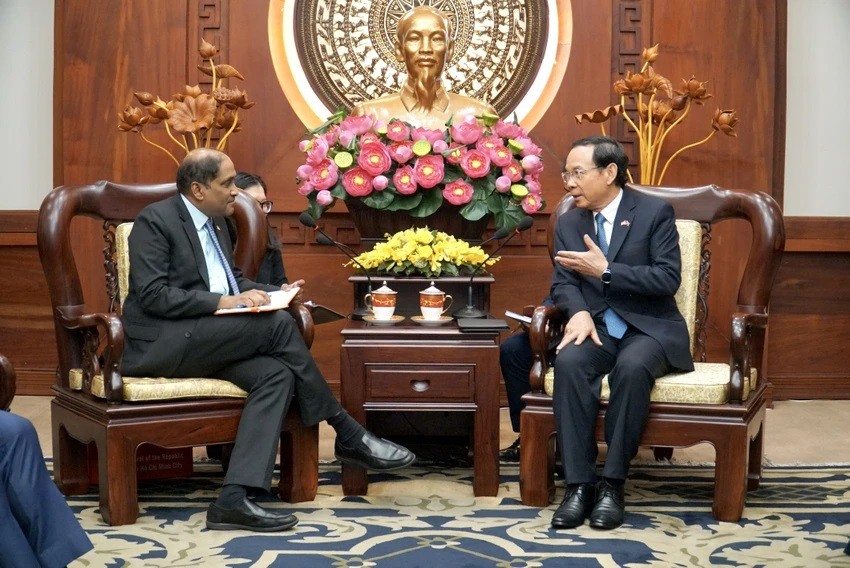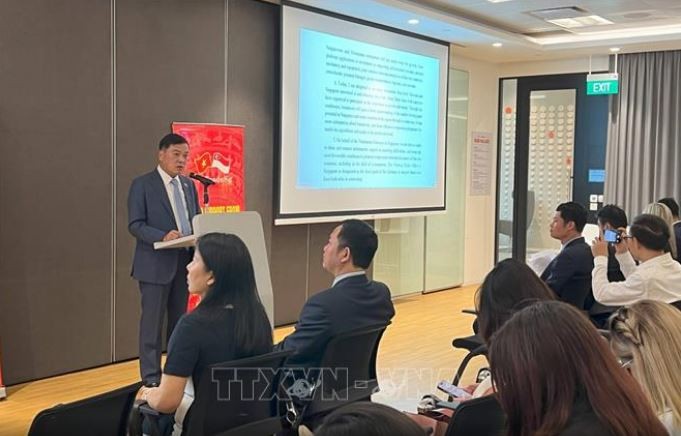Singapore PM: China can’t take the US's security role in Southeast Asia
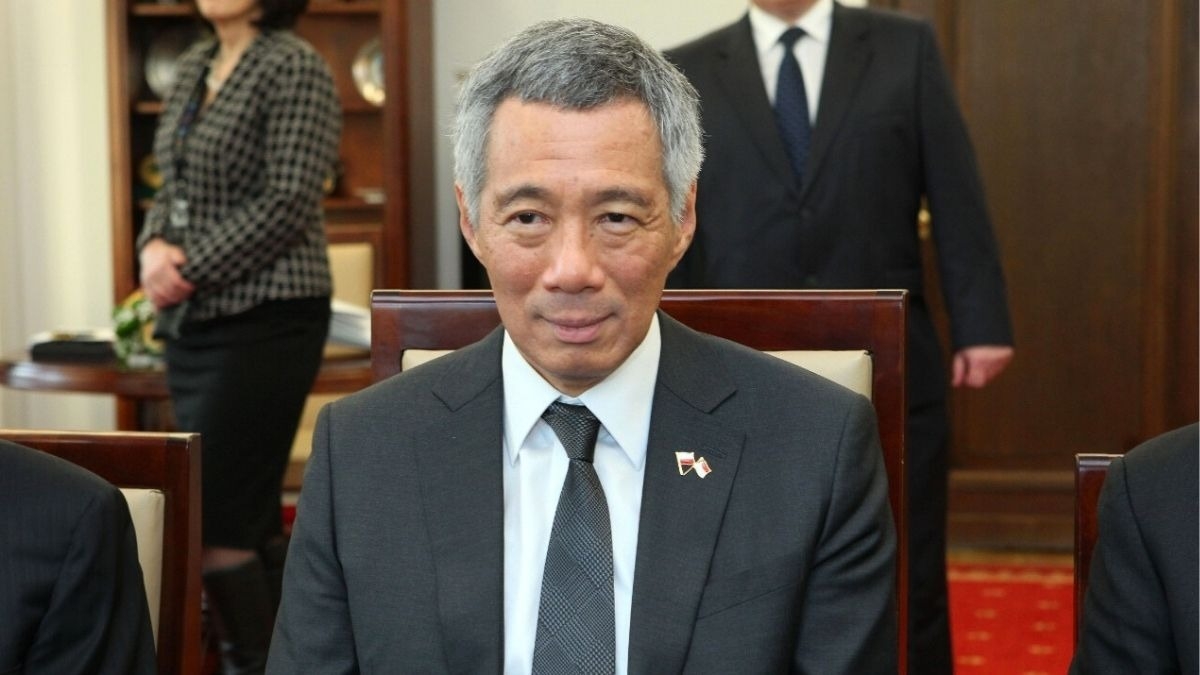 |
| Singaporean Prime Minister Lee Hsien Loong (Photo: The Print) |
| “Despite its increasing military strength, China would be unable to take over the United States’ security role,” he wrote in an article published by Foreign Affairs on Thursday, adding that a U.S. withdrawal in North Asia would compel Japan and South Korea to contemplate developing nuclear weapons to counter North Korea’s growing threat. Lee emphasises that China’s competing maritime and territorial claims in the South China Sea meant that countries in the region will “always see China’s naval presence as an attempt to advance those claims.” He also said that many Southeast Asian nations are “extremely sensitive” about perceptions that China has influence on their sizable ethnic Chinese minorities, The Print reported. |
Lee’s article comes as tensions between the U.S. and China continue to escalate, with the world’s biggest economies sparring on everything from 5G networks to the South China Sea to responsibility for the Covid-19 pandemic.
The Covid-19 pandemic is a stark reminder that countries need to work together, both to bring the global outbreak under control and mitigate its impact on the world's economy, he noted in an opinion piece published on June 4.
Even with the best relations between the United States and China, mounting a collective response to COVID-19 would be hugely challenging. Unfortunately, the pandemic is exacerbating the U.S.-Chinese rivalry, increasing mistrust, one-upmanship, and mutual blame. This will surely worsen if, as now seems inevitable, the pandemic becomes a major issue in the U.S. presidential election, Foreign Affairs said.
In the meantime, the success of Asian countries, and the prospect of an Asian century—will depend greatly on whether the United States and China can overcome their differences, build mutual trust, and work constructively to uphold a stable and peaceful international order.
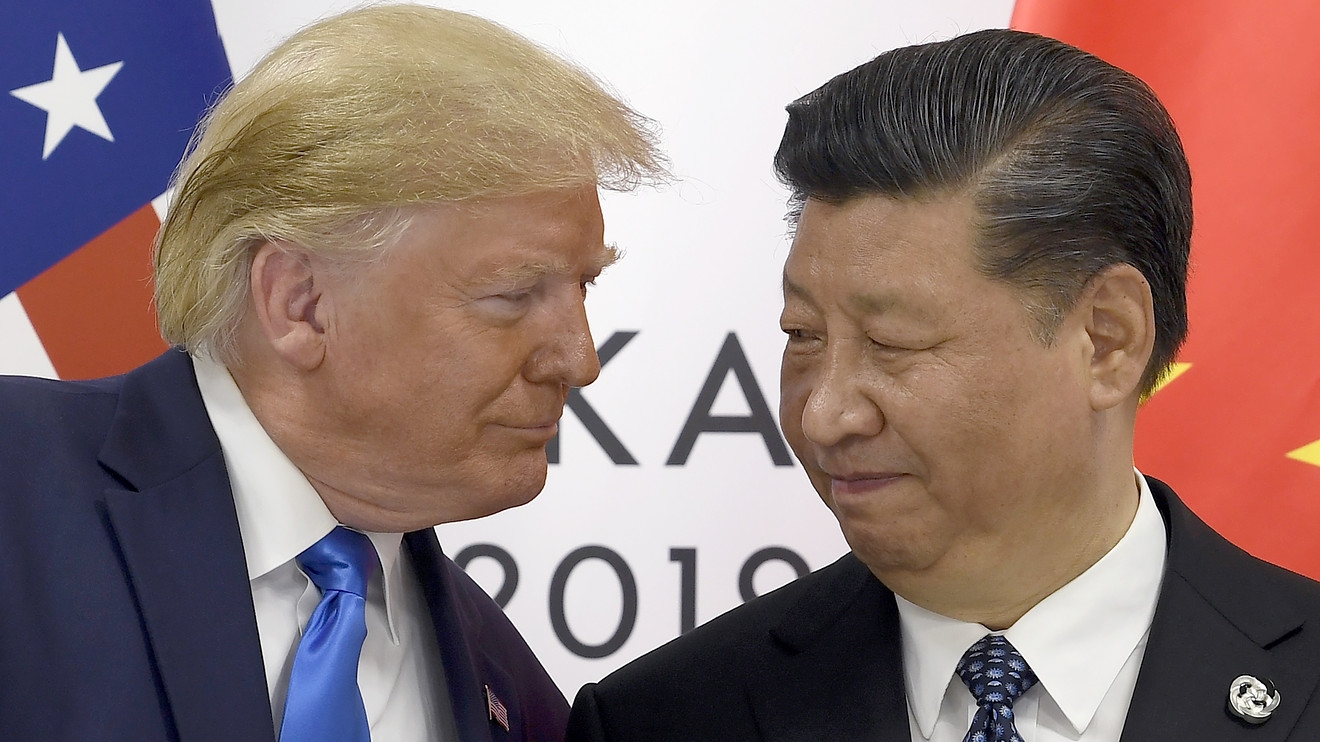 |
| (Photo: Market Watch) |
Singapore, a city-state heavily dependent on trade, has been one of the most outspoken countries in Asia calling for the U.S. and China to avoid a destructive clash that would force smaller countries to choose sides, Bloomberg said.
“Asia-Pacific countries do not wish to be forced to choose between the United States and China,” Lee wrote, echoing comments he’s made previously. “They want to cultivate good relations with both.”
“The two powers must work out an arrangement that prevents their rivalry in certain areas from poisoning cooperation in others”, the PM was quoted by The Strait Times.
Lee warned that if the U.S. tried to contain China, or if Beijing sought to build an exclusive sphere of influence in Asia, the two countries “will begin a course of confrontation that will last decades and put the long-heralded Asian century in jeopardy”, which, according to the PM, could be compelled to pick one side over the other, if ties continue to deteriorate.
PM Lee said Asian countries did not want to be forced to do so, as they see the US as a resident power with vital interests in the region, while China is "a reality on the doorstep" that they cannot afford to alienate.
Both China and the US, however, face fundamental choices, the Strait Times reported.
"The United States must decide whether to view China's rise as an existential threat and try to hold China back through all available means or to accept China as a major power in its own right," said PM Lee, adding the latter path would mean painful adjustments for the US.
But however difficult, he said it is "well worth making a serious effort to accommodate China's aspirations within the current system of international rules and norms. This system imposes responsibilities and restraints on all countries, strengthens trust, helps manage conflicts, and creates a safer and stabler environment for both cooperation and competition."
“Any confrontation between these two great powers is unlikely to end as the Cold War did, in one country’s peaceful collapse,” he wrote.
To avoid this, Lee said a collaborative relationship formed within an agreed multilateral framework of rules would foster a system that imposes responsibilities and restraints on all countries.
“The strategic choices that the United States and China make will shape the contours of the emerging global order,” Lee wrote. “It is natural for big powers to compete. But it is their capacity for cooperation that is the true test of statecraft, and it will determine whether humanity makes progress on global problems such as climate change, nuclear proliferation, and the spread of infectious diseases.”
 | CN Traveler names Tan Dinh cathedral a world top 10 most stunning pink destinations Being one of the oldest cathedrals in Ho Chi Minh city, the well-known pink Tan Dinh Cathedral has recently listed as a top 10 most ... |
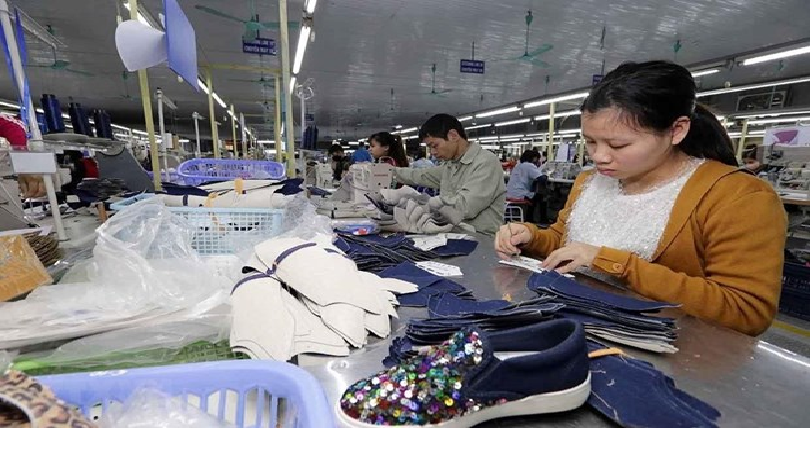 | WB: Vietnam's economy bounces back in May In its latest update released on June 3, the World Bank (WB) said Vietnam’s economy has gradually bounced back since social distancing measures were eased. ... |
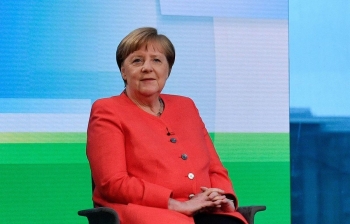 | World news today: Merkel says 'absolutely not' planning for fifth term World news today June 5: German Chancellor Angela Merkel said she is "absolutely not" planning to stand for re-election to a fifth term despite her overwhelming popularity. ... |
Recommended
 World
World
Pakistan NCRC report explores emerging child rights issues
 World
World
"India has right to defend herself against terror," says German Foreign Minister, endorses Op Sindoor
 World
World
‘We stand with India’: Japan, UAE back New Delhi over its global outreach against terror
 World
World
'Action Was Entirely Justifiable': Former US NSA John Bolton Backs India's Right After Pahalgam Attack
Popular article
 World
World
US, China Conclude Trade Talks with Positive Outcome
 World
World
Nifty, Sensex jumped more than 2% in opening as India-Pakistan tensions ease
 World
World
Easing of US-China Tariffs: Markets React Positively, Experts Remain Cautious
 World
World

